Bioecology and Biodiversity
This department involves the study of the relationships of living organisms with their habitat, the ecology of biosystems, biodiversity as an indicator of the complexity of the biological system, the viability (survivability) of the species and the ecosystem as a whole.
Major Academic Disciplines
- botany (anatomy, morphology, systematics, plant physiology, forest science, phytopathology, etc.)
- zoology (anatomy, morphology and systematics of invertebrates and vertebrates)
- mycology
- microbiology and virology
- ecology of different groups of organisms
- fundamentals of bioindication and biotesting
- geography of plants and animals
- soil science
- cytology and histology
- biology of individual development human
- anatomy and physiology
- immunology
- genetics and selection
- theories of evolution
- mathematical methods in biology
- biophysics
- general and organic chemistry
- biochemistry and molecular biology
- fundamentals of biotechnology
- methods of teaching biology
Professions for Graduates
Graduates of the bachelor’s degree are prepared for two types of professional activity: research and teaching.
- biologist-researcher in scientific institutes, laboratories, nature reserves, botanical gardens, zoos, etc.
- specialist in the field of environmental protection
- teacher of biology in schools, lyceums, gymnasiums, colleges
- teacher in institutions of additional education, etc.
Graduates scope of employment
- research institutes
- scientific centres
- laboratories
- nature reserves, botanical gardens, zoos
- universities and other educational institutions

Previous
Biochemistry and Physiology
You May Also Like

Innovation in Chemistry and Chemical Education
23.03.2021
Psychology of Development and Education
23.03.2021

